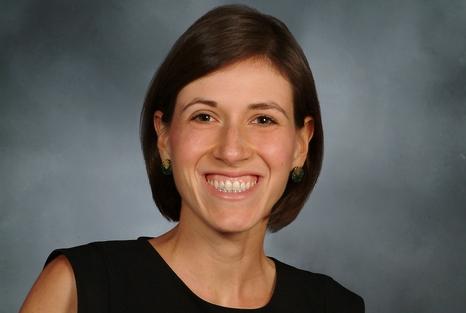
Dr. Laura C. Pinheiro, an associate professor of health services research in medicine in the division of General Internal Medicine, has been named a Cancer Moonshot Scholar by the National Cancer Institute. Dr. Pinheiro’s research program is focused on reducing health inequities for adults with cancer.
The award, a $3.2 million, seven-year R37 Merit grant, will support Dr. Pinheiro’s research program to investigate drivers of cancer health inequities and the role that social determinants of health, the non-medical conditions where we live and work that can affect health outcomes, play in cardiovascular outcomes in Black and white cancer survivors.
“I’m very excited for this unique opportunity to leverage cardiovascular and cancer data to determine how social determinants of health such as structural racism affect health outcomes,” she said. “I’ve been working in health equity research for some time, but this award represents a shift in my work. It will allow me to support a team of scientists to identify upstream structural factors that can affect how cancer survivors engage with the health care system, which can impact their cardiovascular health. I’m incredibly passionate about this work.”
Among individuals who survive five years from a cancer diagnosis, cardiovascular disease is the leading cause of death. Black adults with cancer have twice the risk of poor cardiovascular disease outcomes compared with white adults with cancer. Dr. Pinheiro hypothesized that structural determinants of health, such as structural racism, are partially responsible for this observed racial disparity.
Dr. Pinheiro’s work will focus on understanding underlying mechanisms of multiple domains of structural racism including unemployment, incarceration, education, uninsurance and economic conditions on cardiovascular outcomes. She will also investigate how these upstream structural factors work through cancer biologic characteristics, such as tumor stage, health behaviors and psychosocial well-being. Read the full story in our newsroom.

